
Tooth Sensitivity

Canker sores (known by dentists and medical professionals as aphthous ulcers) are one of the most common oral conditions affecting people everywhere. Up to 25 percent of the population has these small, painful, persistent sores, with recurrence rates of up to 50 percent.
A canker sore can appear on the tongue, soft palate, insides of the cheeks or lips and base of the gums. While the sores have the benefit of not usually being visible, they are likely to make eating, swallowing and speaking painful.
Canker sores are not viral or infectious. They may be hereditary since 30 to 40 percent of those with recurrent cankers have a family history of the condition. According to research reported by the National Institute of Dental and Craniofacial Research, “canker sores may be caused by a faulty immune system that uses the body’s defenses against disease to attack and destroy the normal cells of the mouth or tongue.”
Simply stated, their cause is unknown; however, common triggers may include:
If you suspect you have a canker sore, you may wish to consult with your dentist first to rule out a more serious type of mouth sore (such as herpes or oral cancer). Dentists specializing in oral health conditions are in a better position than physicians when it comes to diagnosing and managing these sores – and particularly at distinguishing them from intraoral herpes, a contagious viral condition which may lead to serious problems in people with an impaired immune system.
Your dentist can also assess whether sharp tooth surfaces or wearing an appliance (mouth guard, Invisalign braces, etc.) may be triggering canker sores.
Oral herpes are frequently confused with canker sores. Not only do they have a similar appearance, last approximately 14 days and tend to recur, but they also have similar triggers, including stress, mechanical irritation and fever or illness. But the two conditions have different causes, and therefore require different treatments. Specifically:
Canker sores generally start as one or two tender, inflamed red spots, round or oval in shape, measuring an eighth of an inch wide (mild cases) to more than an inch wide (severe cases). These tender spots soon expand to form sores with a thin, yellowish center and a brisk red edge or halo. The presence of canker sores makes it hard to eat, talk or perform oral hygiene. As the sores heal, the pain also diminishes.
Small canker sores or minor aphthous ulcerations run their course in 1–3 weeks and leave no scar. In contrast, larger sores or major aphthous ulcerations typically take longer to heal and may scar. Finally, a herpetiform aphthous ulcer, the most severe type of ulceration, is characterized by multiple lesions occurring simultaneously and may require palliative treatment from your dentist.
Most canker sores typically heal without treatment. If the sores are especially large or painful, your dentist or doctor may prescribe a topical anesthetic, a prescription tetracycline mouthwash or a corticosteroid salve.
There are a number of home remedies that may alleviate pain or shorten duration, including:

Tooth Sensitivity

Ask the Expert

Pediatric Dentistry
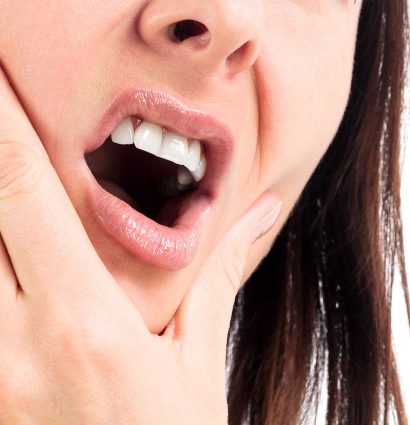
Oral Health

Pediatric Dentistry
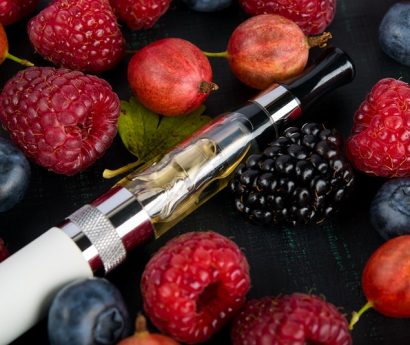
Oral Health
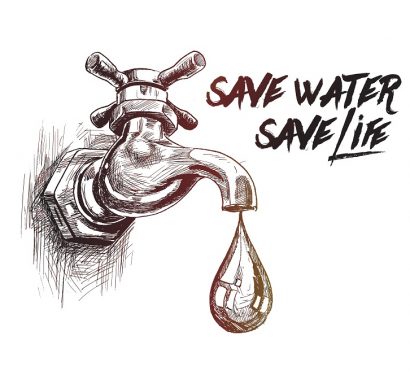
Dental Hygiene
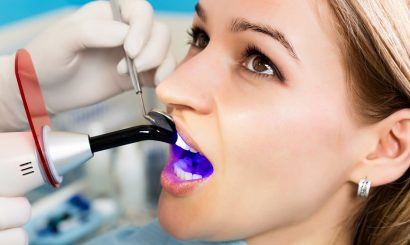
Tooth Restoration

Dental Public Health
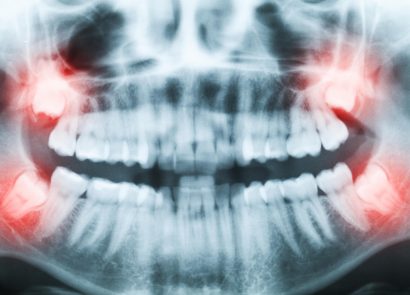
Wisdom Teeth
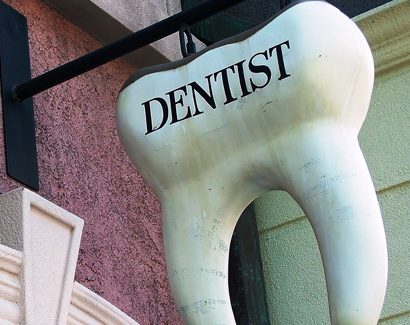
Dentists
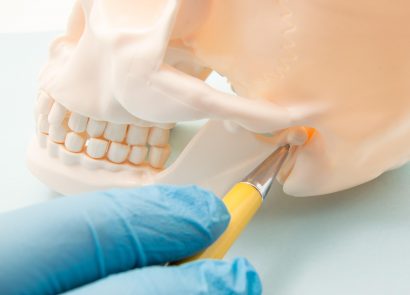
TMJ
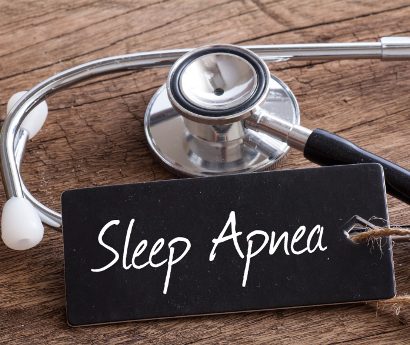
Sleep Apnea

Cosmetic Dentistry
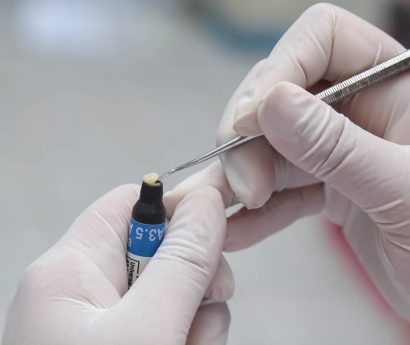
Dental Veneers